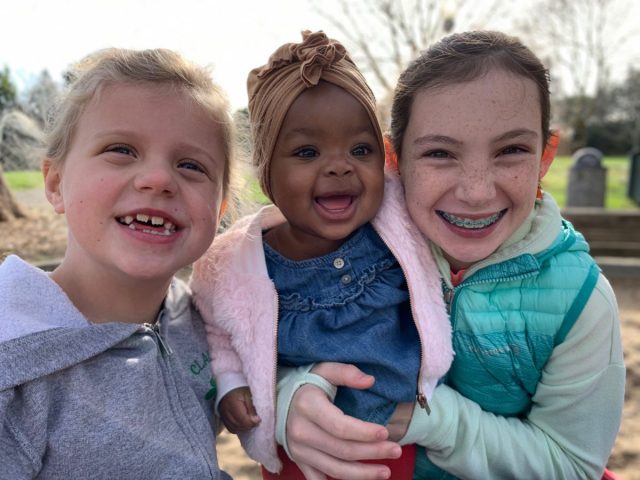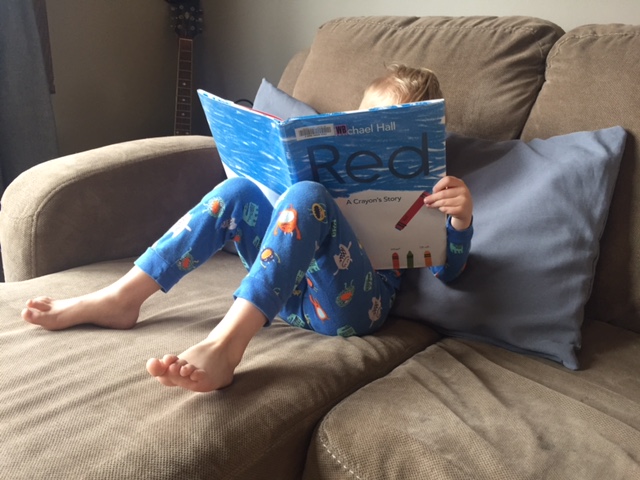There is a new Gerber baby, and she’s adorable. Chosen from over 327,000 entries, Magnolia Earl from Ross, CA was announced as the winner of the 10th annual Gerber Baby Photo Search. Magnolia’s adoption story highlights all the beautiful and unique ways families are made.
Just a year ago, Magnolia’s parents received a surprise phone call from an adoption agency saying an expectant mom in active labor wanted to speak with them, and overnight, this family of four grew to a family of five.
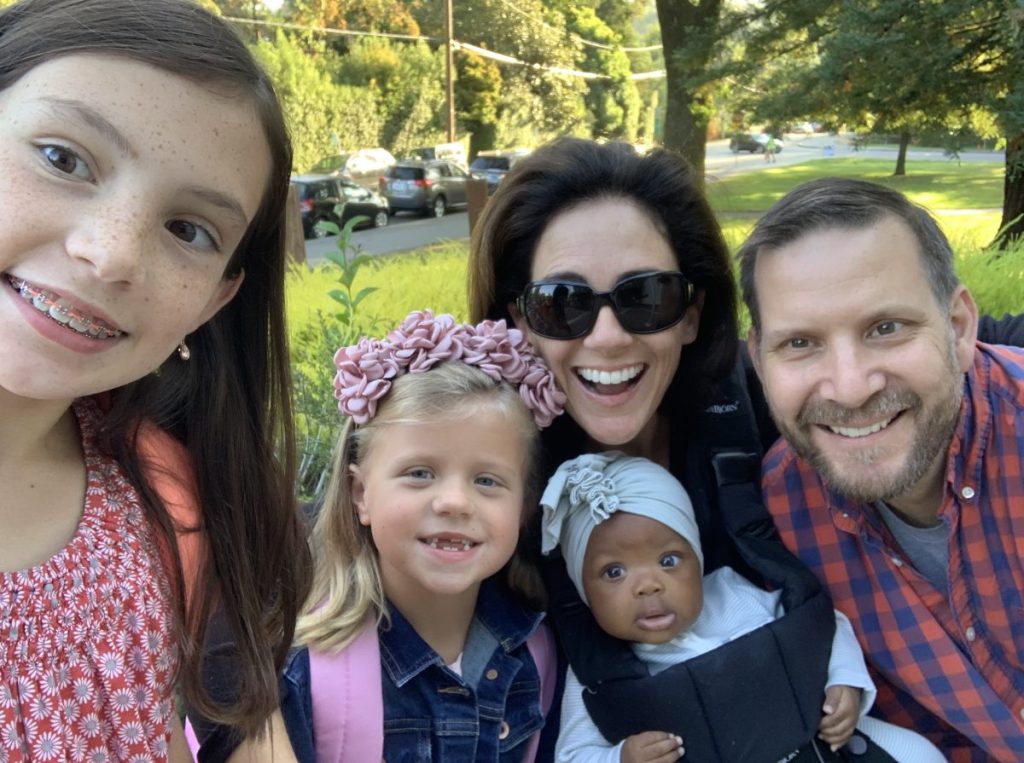
Baby Magnolia was chosen as the 2020 Gerber Spokesbaby from more than 327,000 entries submitted through photosearch.gerber.com where families could upload photos, videos and share stories. As the newest Gerber Spokesbaby, Magnolia represents every Gerber baby, and her family’s story serves as a reminder of what unites all parents and drives everyone at Gerber: the promise to do anything for baby.
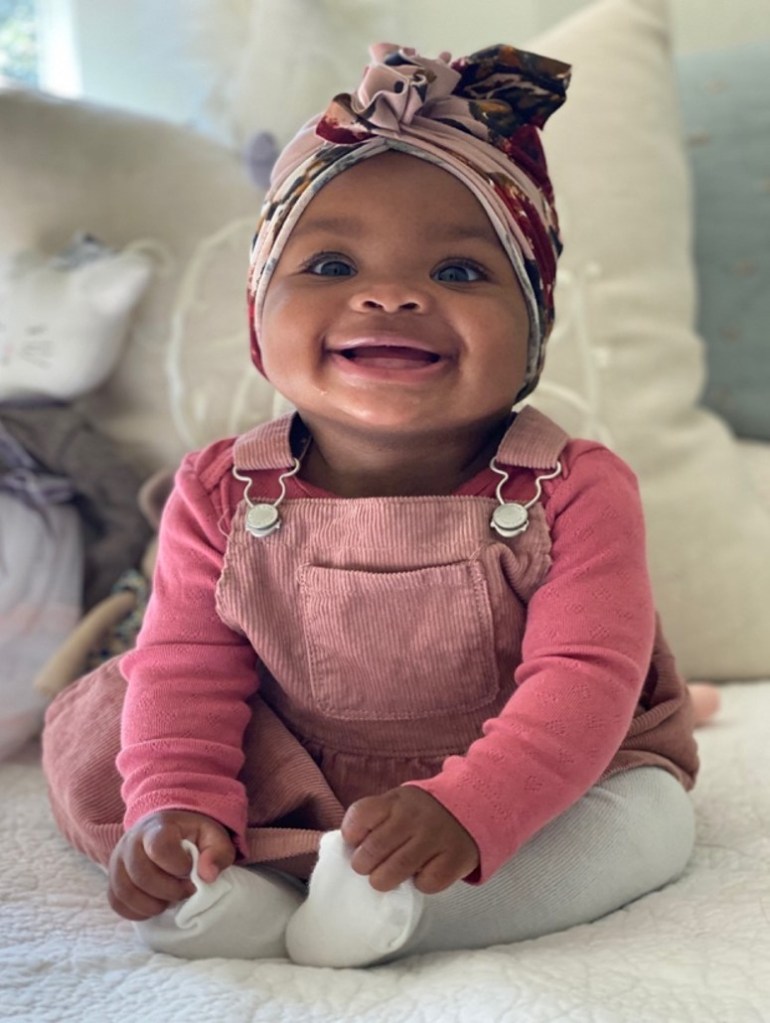
“Magnolia has brought so much joy to everyone she meets. Her personality is beyond happy and joyful,” said Courtney Earl, Magnolia’s mother. “On May 9th, 2019 we received a call from the Adoption Agency that there was an expectant mom that was in labor and wanted to talk to us! We pulled off the highway, got a chance to connect with her amazing birth parents, and a few hours later, this sweet baby girl was born. Adoption is incredibly special to our family’s story. Winning Photo Search is an opportunity to tell Magnolia’s story and shed light on all the beautiful and different ways families are made.”
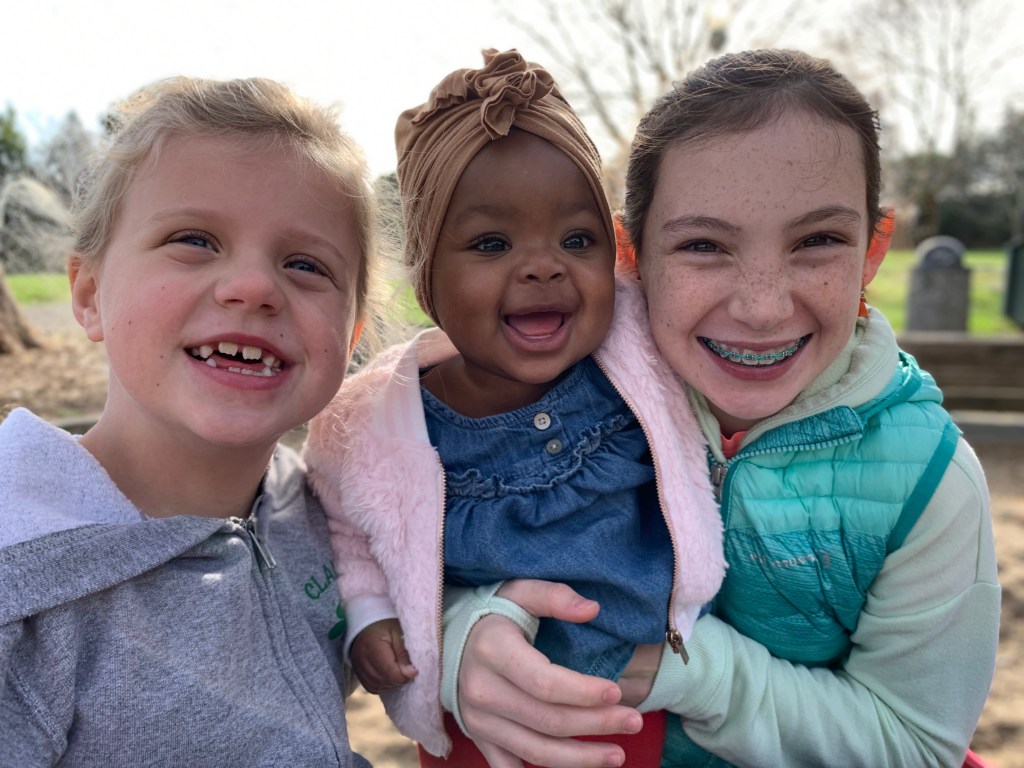
“Our Gerber family of farmers, factory workers, employees and customers are all united in our pursuit to do everything and anything for baby. We believe every baby is a Gerber baby and standing behind our babies has never mattered more than it does now,” said Bill Partyka, President and CEO, Gerber. “At a time when we are yearning for connection and unity, Magnolia and her family remind us of the many things that bring us together: our desire to love and be loved, our need to find belonging, and our recognition that family goes way beyond biology.”
Launched in 2010, Photo Search was inspired by the countless photos received over the years from parents who see their little ones in Gerber’s iconic baby logo, which features the original Gerber baby, Ann Turner Cook. Photo Search celebrates babies and families from all backgrounds, highlighting the belief that every baby is a Gerber Baby.
“Photo Search is a moment of celebration that so many families look forward to each year. And this year – perhaps more than ever – the Gerber family is thrilled to celebrate with Magnolia and her family, and with families across America,” said Kelly Schneider, a spokeswoman for Gerber. “The COVID-19 pandemic has made all of us feel more isolated than ever before, so finding new ways to feel connected has never mattered more.”
In addition to the opportunity to be featured on Gerber’s social media channels and marketing campaigns throughout the year, Magnolia and her family were rewarded a $25,000 cash prize, $1,000 in Gerber Childrenswear, $1,000 from Walmart and phones with a year of free unlimited service from Verizon – all to provide the best possible start for baby.
—Jennifer Swartvagher
All photos courtesy of Gerber
RELATED STORIES
Gerber Childrenswear Launches New Line of Baby Essentials at Walmart
